I run into two challenges:
- Even if, as per React guideline, derived state is discouraged, but some edge cases still need it.
In terms of a functional component with React Hook, What is the equivalent implementation with React Hook, If I do need derived state which in class component, will be updated in componentWillReceiveProps on every parent render
see below code sample:
class App extends Component {
constructor(props) {
super(props);
this.state = {
count: props.count > 100 ? 100 : props.count,
}
}
/*What is the equivalent implementation when React Hook is used here componentWillReceiveProps*/
componentWillReceiveProps(nextProps) {
if (nextProps.count !== this.props.count) {
this.setState({
count: nextProps.count > 100 ? 100 : nextProps.count
});
}
}
render() {
return ( <
div > {
this.state.count
} <
/div>
);
}
}
export default App;As for componentDidUpdate, componentDidUpdate has its counterpart when React Hook is used, you have to use it like,
React.useEffect(() => { return () => { }; }, [parentProp]);the Second param for useEffect makes sure code is executed only when prop changes, but what if I want to do respective tasks based on multiple respective props changes? how to get it done with useEffect?
see below code sample:
class App extends Component {
/*What is the equivalent implementation when functional component with React Hook is used here */
componentDidUpdate(prevProps, prevState) {
if (prevProps.groupName !== this.props.groupName) {
console.log('Let'
's say, I do want to do some task here only when groupName differs');
} else if (prevProps.companyName !== this.props.companyName) {
console.log('Let'
's say, I do want to do some different task here only when companyName differs');
}
}
render() {
/*for simplicity, render code is ignored*/
return null;
}
}
export default App;
